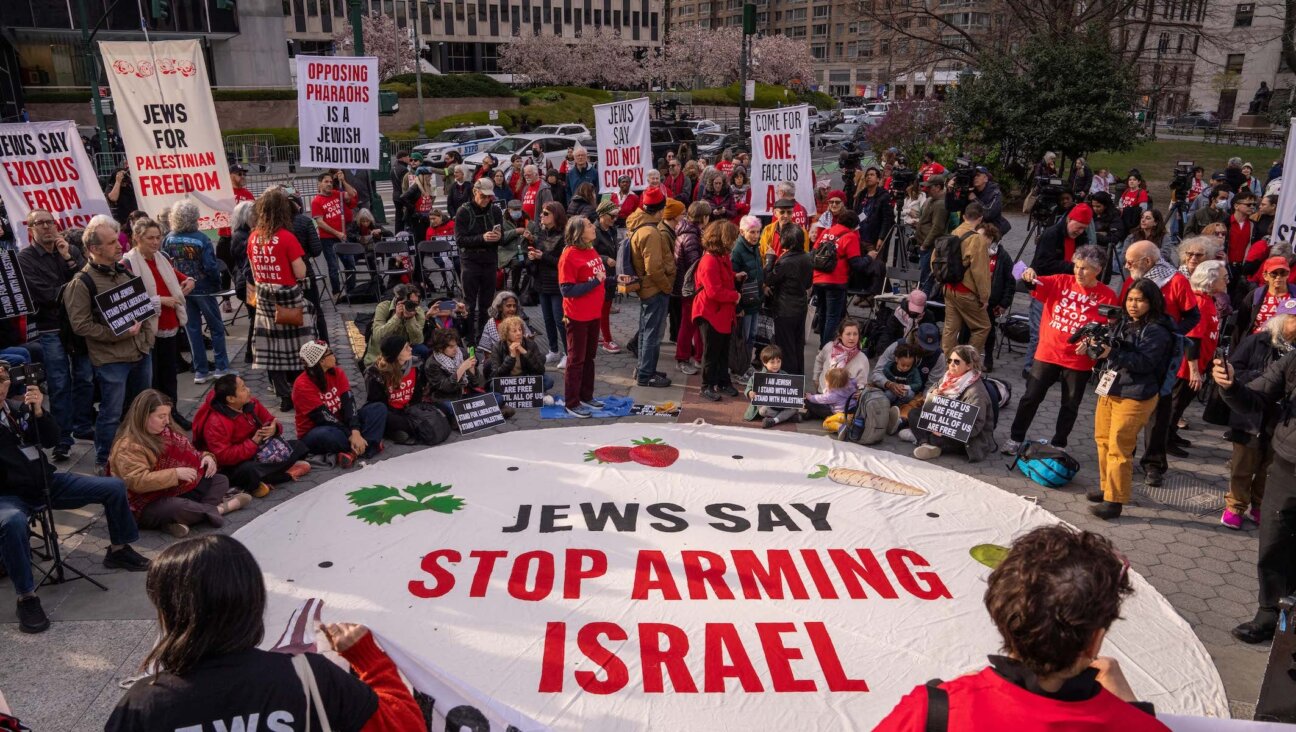Heavily Jewish Parkland Was Florida’s ‘Safest City’ — Until School Gunman Struck

Image by Getty Images
Michele Roseman was convinced that she had found a safe place to raise her children when she came to Parkland, Florida, in 2000. She was stunned when one of the worst school shootings in U.S. history unfolded in her adopted town.
“I moved so my kids could go to one of the best schools in the area,” said the 62-year-old swimming instructor. Her daughter Hannah, 19, knew eight of the students from Marjory Stoneman Douglas High School who were killed on Wednesday.
On Thursday, people in this city of about 23,000 struggled to reconcile their views of Parkland as a tropical paradise with the shooting that instantly made its name synonymous with gun violence.
Just this week, Parkland was named in a national survey as one of the safest cities in the country, and last year another study ranked it as the safest city in Florida. The school system has received the highest grade of “A” for seven years running from the state Department of Education.
“People come here because it’s safe,” said David Steiman, 61. “They send their kids to school here because it’s the safest place in South Florida, and then this happens.”
The affluent suburb in western South Florida borders the vast Everglades wetlands, about 24 miles from Fort Lauderdale and twice as far from Miami. The high school is named for environmentalist and writer Marjory Stoneman Douglas, who earned fame for her defense of the Everglades.
Simply put, the city is “paradise,” said Bryan Weissman, a chiropractor who moved to Parkland nearly 20 years ago and sent his daughter Jackie to Marjory Stoneman Douglas High School.














